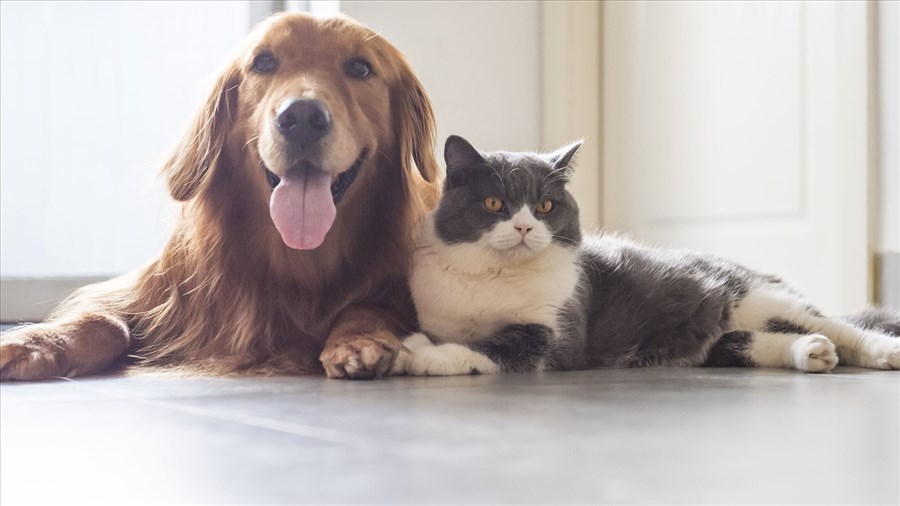Interview with Danièle Monast, who has been practicing this alternative medicine for 20 years.
Improve your well-being with zootherapy
On Tuesday, February 11, as part of the Hooked on School Days, students at L'Élan - l'école du Carrefour were visited by Danièle Monast's zootherapy team. A few days after this activity, Néomédia had the opportunity to speak with the facilitator to learn more about this form of alternative medicine that promotes closeness between a person and an animal.
A resident of Rigaud, Danièle Monast has been practicing this discipline since 2004-2005, when she completed training at the International School of Zootherapy in Montreal. In her day-to-day work, Ms. Monast practices zootherapy with horses more often than with cats and dogs, as was the case at L'Élan.
Although it has been gaining in popularity over the past few decades, for some people, zootherapy has yet to be defined. “It's an approach that's been around for a very long time, and consists of a helping relationship aimed at improving someone's well-being through the presence of an animal. I work with people who want to improve their well-being. For my part, the zootherapy I advocate puts forward a personal growth approach with horses,” she sums up.
The horse, the perfect companion for zootherapy
Ms. Monast explains that the horse is an extraordinary and effective partner in zootherapy, as it is very grounded and helps participants develop their ability to anchor themselves in the present moment and connect with themselves. “Its stature and size make it an impressive and imposing animal, but it is a being of great wisdom and gentleness. You don't need to have any experience with horses to come and experience zootherapy facilitated by the horse. Exercises take place on the ground, in complete safety. The workshops are designed to respect the rhythm of each participant.“
In all, Danièle Monast has developed a dozen workshops that she runs in the company of around thirty horses. “Horses are highly energetically sensitive animals, since in nature they are prey. And it's this great energetic sensitivity that enables it to connect so deeply with human beings and reflect their inner states, whether in group workshops or individual sessions.”
In general, zootherapy can be practised in a wide range of settings, including CHSLDs, hospitals, schools, airports, courts, private clinics and even less common places such as prisons.
Ms. Monast also practiced pet therapy for 17 years in women's prisons. “My primary objective is to help human beings develop their emotional intelligence and give them access to tools that will facilitate the management of emotions and thus increase their level of well-being. This approach is experiential, transformative and highly enriching.”
For those interested in zootherapy, with cats, dogs, horses or other animals, visit the Corporation des zoothérapeutes du Québec website. This site lets you search for contact details of professionals in this discipline by region, type of animal and target audience.
For more information on Danièle Monast, visit her website at https://zootherapiedanielemonast.com.







